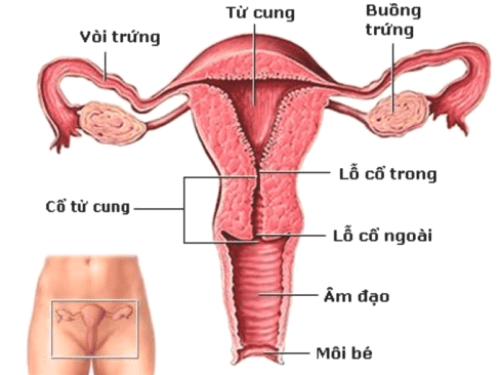It has been observed that pregnant women are more prone to motion sickness. They often feel nauseous and vomit during travel. Some women only experience this during the pregnancy period, while for others, pre-existing motion sickness worsens during this time.
1. Causes of motion sickness in pregnant women
Motion sickness commonly occurs during long journeys. It can worsen during pregnancy due to the following reasons:
- Continuous movement at a relatively slow speed may cause inner ear imbalance, leading to motion sickness.
- Feeling heavy after eating a full meal may result in nausea during constant movement.
- Stuffy or smoke-filled air in the surroundings.
- Inconsistency between expected and actual motion perceived by the balance systems sends wrong signals to the brain.
- When two neurotransmitters are not functioning properly.
2. Symptoms of motion sickness in pregnant women

Common symptoms include:
- Mild headaches, slight discomfort, and nausea.
- Pregnant women may feel fatigued, dizzy, and weak.
- In severe cases, women may feel extremely anxious, and experience excessive salivation, sweating, nausea, paleness, and vomiting.
- Dehydration may occur if vomiting is persistent.
- Symptoms usually disappear after the motion stops, but in some cases, it may take up to three days for the sickness to completely resolve.
3. Does motion sickness affect the baby?
If pregnant women can still eat small amounts of food, experience mild weight loss, and maintain normal activities, nausea and vomiting are acceptable. They do not affect the fetus. In such cases, mothers should take rests.
If vomiting affects electrolyte balance or daily activities, medical intervention is necessary. When fatigue and vomiting are caused by travel, pregnant women should consider whether the trip is essential.
4. What to do about motion sickness?

Vitamin B6 supplementation may treat motion sickness caused by pregnancy
How to deal with motion sickness during pregnancy? Motion sickness can be treated with medications or natural methods, including:
- Medications: Diphenhydramine or Dimenhydrinate are antihistamines that can be taken 30 minutes before the trip. These medications are available at pharmacies without a prescription. For longer trips, medications such as Scopolamine or Meclizine, which have long-lasting effects, can prevent motion sickness. Scopolamine patches should be applied 12 hours before traveling. Taking Vitamin B6 supplements can also reduce pregnancy-related motion sickness. So far, no studies have shown that taking motion sickness medication during pregnancy adversely affects the fetus. However, all medications during pregnancy should be carefully considered, particularly in the first 3 months of the period.
- Other ways to prevent motion sickness: People prone to motion sickness should sit in the front seat of a car, near the wings of an airplane, or at the center of a boat during travel. Motion sickness patches are also effective. Pregnant women can even wear special bracelets called acupressure wristbands to alleviate discomfort.
If you experience unusual symptoms, you should consult a specialist.
To arrange an appointment, please call HOTLINE or make your reservation directly HERE. You may also download the MyVinmec app to schedule appointments faster and manage your reservations more conveniently.








